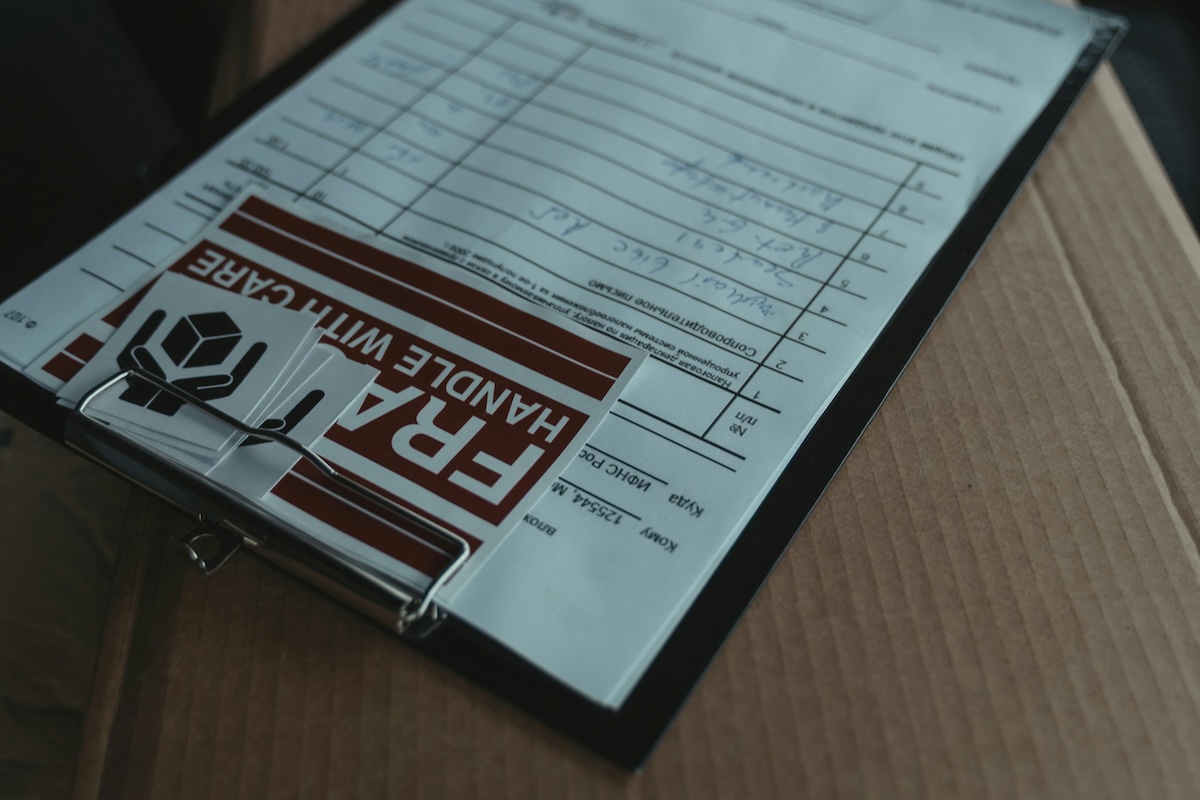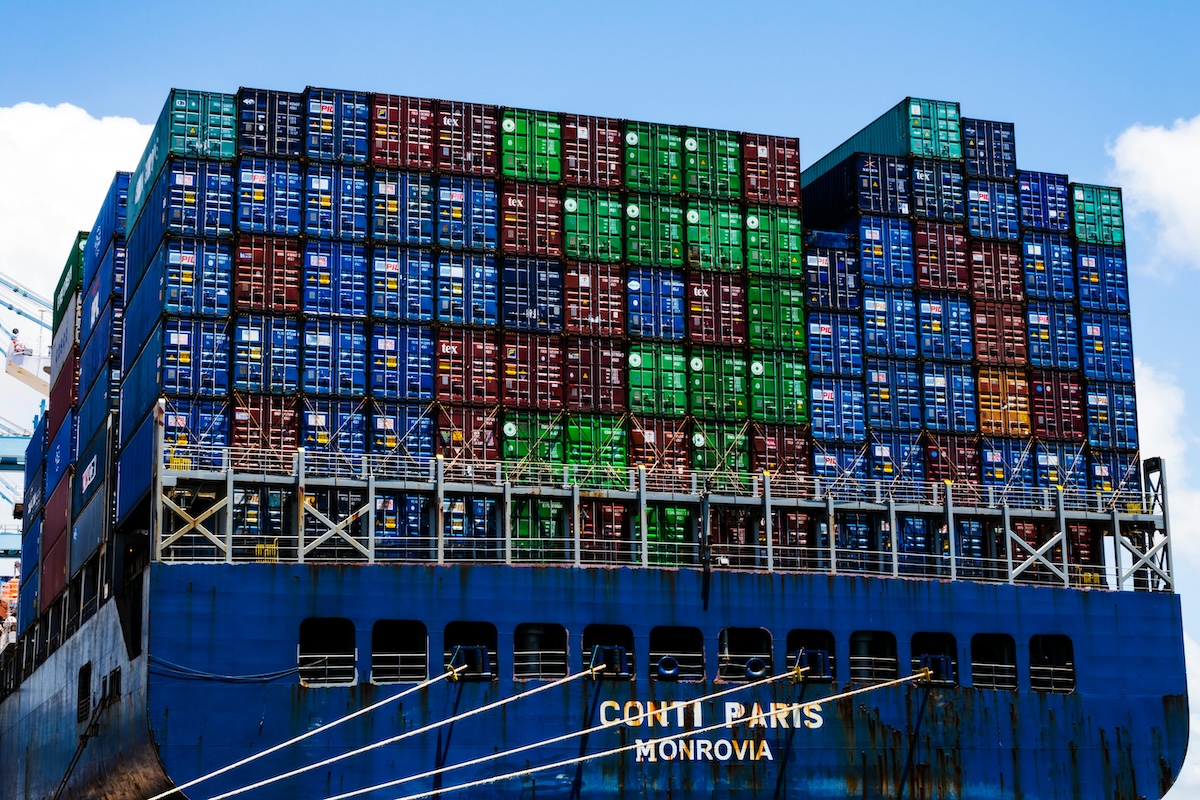Understanding the Significance of Destinations, Denials and End-Users in Export Licensing

Article Summary
Export licensing is the process of obtaining government authorization to export goods, technologies, or services, ensuring compliance with regulations.
Destinations determine licensing requirements based on the Commerce Country Chart and the reasons for control under ITAR or EAR.
It is a list of individuals, companies, and entities prohibited from receiving U.S. exports due to national security or foreign policy concerns.
Screening ensures that exports are not used by prohibited parties or for unauthorized purposes, such as military or nuclear applications.
Non-compliance can result in fines, loss of export privileges, and reputational damage.
Export licensing is a critical aspect of international trade compliance and to understand it better, it helps to know the importance of destinations, denials, and end-users. First, the destination country is of obvious importance since there is a spectrum of concern between Iran and North Korea on the concerning end, and Canada, UK, and Australia on the friendly end. Also important are the sanctions, embargoes, and denied parties that are increasingly prevalent in recent years, focusing on specific countries, companies, and individuals, in addition to the sensitivities of the actual products and services. Finally, there is always concern regarding the validity of both the stated End User and the proposed End Use since officials are on the lookout for bad actors using diversion schemes.
The Importance of Destination Concerns
The destination country plays a pivotal role in export licensing requirements, particularly under the Export Administration Regulations (EAR). When determining whether an export license is needed, companies must consider the “reasons for control” associated with the specific ECCN (Export Control Classification Number) of their product or technology. These reasons for control are cross-referenced with the Commerce Country Chart, also in the EAR, which outlines the various types of controls that apply to the proposed destinations. The specificity of these restrictions reveals the perceived risks in the respective countries.
Embargoes, Sanctions & Denied Parties: Critical Compliance Factors
The U.S. government occasionally utilizes broad and powerful trade restrictions to implement and refine its foreign policy initiatives. Often these are well publicized and long-standing, like embargoes on Cuba, Syria, Iran, and North Korea. Sanctions are similar but more targeted, as we have seen recently applied in successive measures to pressure various Russian entities after their nation’s unlawful invasion of Ukraine. Denied parties are more specific and sudden, enabling the government to prohibit dealings with specific organizations, companies, and individuals to prevent national security risks, human rights violations, or economic sanctions. Fortunately, these lists are kept current and made widely available for free by the U.S. government. See the Consolidated Screening List (CSL) at trade.gov.

Verifying Legitimate End-Users
Knowing your end-users is crucial. Exporters must ensure that their products won’t be used for prohibited purposes or by prohibited entities. Screening end-users against restricted party lists helps identify potential risks and ensures responsible export practices. Requiring end use statements and end-use verification are valuable compliance practices, notably to prevent diversions. Export Control training is also important so your staff know what safeguards are in place and why they are needed, enough that they might recognize an emerging situation that looks unusual, worthy of additional scrutiny.
Efficient Export Licensing
The concerns regarding destination, sanctions, denials, and end users are common to both the ITAR and EAR, but the correct licensing portal (DECCS or SNAP-R) depends on whether the item is described on the USML (United States Munitions List) or the CCL (Commerce Control List). Both DECCS or SNAP-R allow electronic license submissions, progress tracking, and technical information exchange. Companies might benefit from exceptions available under EAR or, less frequently, exemptions under the ITAR. Applying for licenses through both SNAP-R and DECCS is manageable for newcomers, but expert guidance ensures efficient licensing processes and minimized risks.
Final Takeaways: Essential Strategies for Export Licensing Compliance
In summary, understanding the importance of destinations, denials, and vetted end-users is integral to successful export licensing and responsible global trade. Companies should have customized procedures and adequate training for each aspect of their transactions. If current methods are inadequate or missing entirely, companies should invest in the services of the trained professionals at CTP. Contact us now to discuss your needs.
Key Points
What is export licensing, and why is it important?
Export licensing is the process of obtaining government authorization to export goods, technologies, or services. It ensures compliance with U.S. export control laws, such as the International Traffic in Arms Regulations (ITAR) and the Export Administration Regulations (EAR). Licensing requirements depend on factors like the item being exported, its destination, the end-user, and the intended end-use. Proper licensing is essential to protect national security, prevent unauthorized access to sensitive technologies, and avoid legal penalties.
Why are destinations critical in export licensing?
The destination of an export plays a significant role in determining licensing requirements. Key considerations include:
- Commerce Country Chart: Under EAR, the chart cross-references the "reasons for control" of an item with the destination country to identify licensing requirements.
- Sanctioned Countries: Exports to embargoed or sanctioned countries, such as North Korea, Iran, or Cuba, often require licenses or are outright prohibited.
- Regional Sensitivities: Certain regions may have heightened restrictions due to geopolitical concerns or national security risks.
Understanding destination-specific regulations is crucial for ensuring compliance and avoiding penalties.
What is the Denied Parties List, and how does it affect export licensing?
The Denied Parties List (DPL) is a compilation of individuals, companies, and entities prohibited from receiving U.S. exports. It is maintained by various U.S. government agencies, including the Department of Commerce and the Department of State. Key points include:
- Screening Requirement: Exporters must screen all parties involved in a transaction against the DPL and other restricted party lists.
- Reasons for Inclusion: Entities may be listed due to involvement in terrorism, illegal arms trade, or activities that threaten U.S. national security.
- Consequences of Violations: Exporting to a denied party can result in severe penalties, including fines, loss of export privileges, and criminal charges.
Automated tools, such as restricted party screening software, can help businesses efficiently comply with these requirements.
Why is end-user screening critical in export licensing?
End-user screening ensures that exported items are not used by prohibited parties or for unauthorized purposes. Key considerations include:
- End-Use Controls: Certain uses, such as nuclear proliferation, military applications, or weapons of mass destruction, are strictly prohibited.
- Red Flags: Exporters must watch for signs of diversion schemes or suspicious activities, such as vague end-use descriptions or unusual payment methods.
- Validated End-Users (VEUs): Some entities are pre-approved under the VEU program, simplifying the licensing process for eligible destinations.
Thorough end-user screening helps businesses avoid violations and ensures compliance with export control laws.
What are the consequences of non-compliance with export licensing regulations?
Non-compliance with export licensing regulations can lead to:
- Fines and Penalties: Violations can result in fines ranging from thousands to millions of dollars.
- Loss of Export Privileges: Companies may lose the ability to export goods or services.
- Criminal Charges: Deliberate violations can lead to imprisonment for individuals involved.
- Reputational Damage: Non-compliance can harm a company’s reputation and business relationships.
By adhering to export licensing requirements, businesses can avoid these risks and maintain their standing in global markets.
How can businesses ensure compliance with export licensing requirements?
To ensure compliance, businesses should:
- Classify Items Correctly: Determine whether items are controlled under ITAR or EAR and identify their Export Control Classification Number (ECCN).
- Screen All Parties: Use restricted party screening tools to check all entities involved in a transaction.
- Understand Destination Regulations: Review the Commerce Country Chart and other resources to determine licensing requirements for specific destinations.
- Monitor End-Use and End-Users: Verify that exports are not intended for prohibited uses or parties.
- Seek Expert Guidance: Work with export compliance specialists to navigate complex regulations and optimize licensing processes.
By implementing robust compliance programs and leveraging expert support, businesses can confidently navigate the complexities of export licensing.










